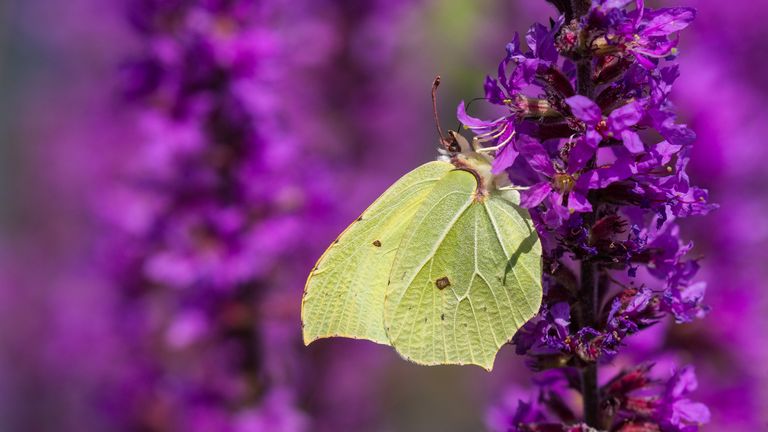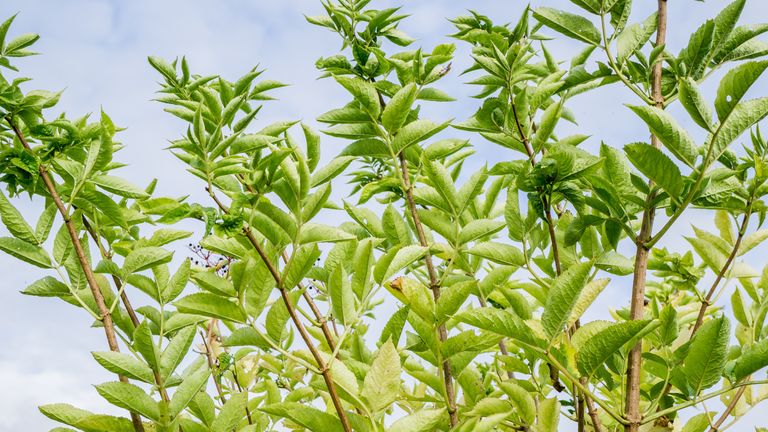Spring has arrived earlier than expected this year, something environmentalists say could become the new normal as the climate changes.
In the UK, the annual appearance of leaves and butterflies that herald the end of winter is 16 days earlier than it has been since the beginning of this century.
But it comes with a warning – Dr Judith Garforth, citizen science officer at the Woodland Trust, said climate change is “happening very fast” and must be slowed by reducing CO2 emissions and planting trees.
“We must continue to monitor this very important data we receive to track nature’s response,” she added.
This year, tree species such as larch, rowan and oak have sprouted two to three weeks early, while elder trees have been turning green earlier than they have in 2019.
The Woodland Trust has received many reports of sightings of the Brimstone Butterfly, one of the earliest sightings of the year, about two weeks earlier than expected.
The trust, which manages the Natural Calendar Citizen Science Programme, which collects sightings, reports that the general trend is towards earlier spring.
And this year, we have witnessed Warmest February on record England and Wales appear to be following suit.
Dr Garforth said: “While seeing elderberries in leaf is a very welcome ray of spring after the harsh wet weather, it’s coming much earlier than I expected.”
“Our data provide the clearest evidence yet of the impact of climate change on wildlife.”
The National Trust and the Royal Horticultural Society are also reporting earlier blooms at their sites, although the former says recent cool weather has slowed spring blooms in parts of the country.
To put things into perspective, the ‘Spring Index’ of major seasonal events in England is currently (based on the period 1998 to 2022) about 8.9 days ahead of the average for the period 1891 to 1947.
The Woodland Trust warns that spring weather can throw wildlife’s food chain off balance – for example, oak trees leafing out prematurely could lead to an early peak of moth caterpillars, which could affect blue tit breeding.
read more:
Brits should ‘make friends’ with slugs and snails in their gardens
High-pressure showers can reduce water use
Insects may appear too early in the spring and not enough flowers are blooming to provide them with adequate food.
The Woodland Trust is appealing for help monitoring such changes and for more volunteers to become citizen scientists and contribute to biological records dating back nearly 300 years.
Follow us on Google news ,Twitter , and Join Whatsapp Group of thelocalreport.in


